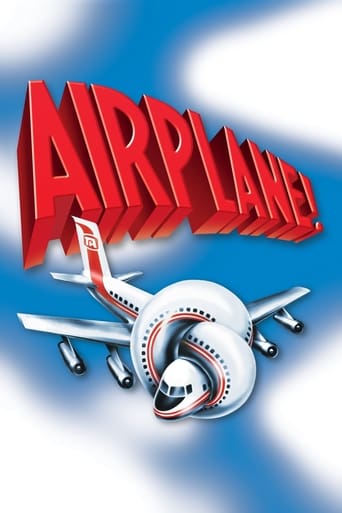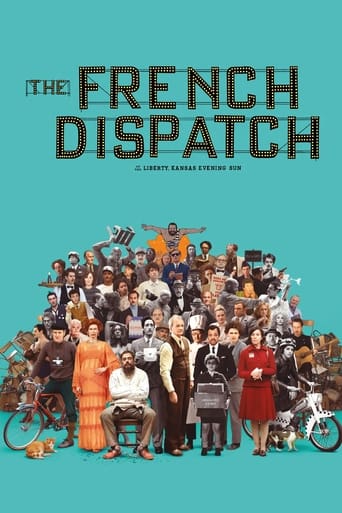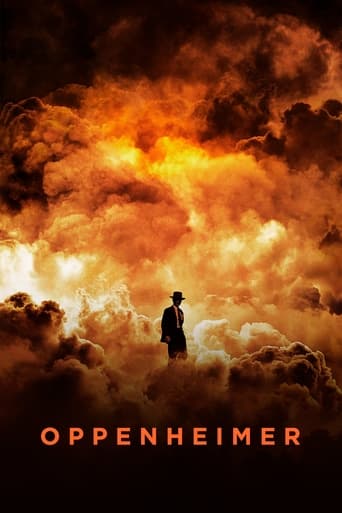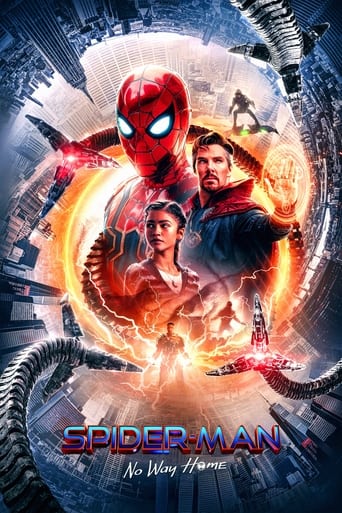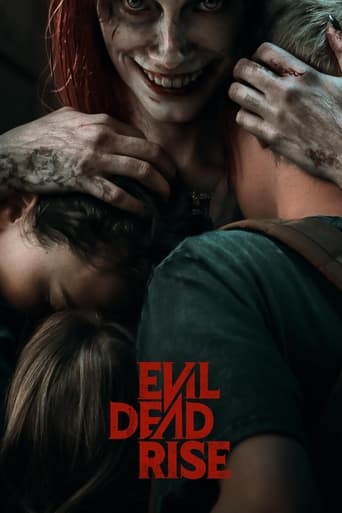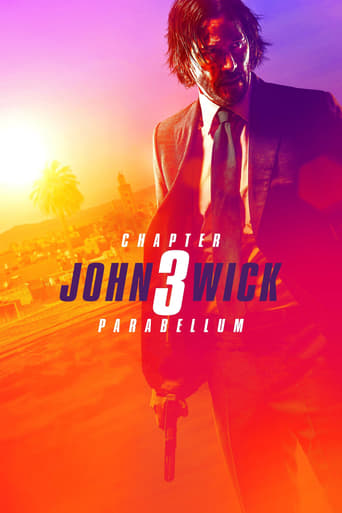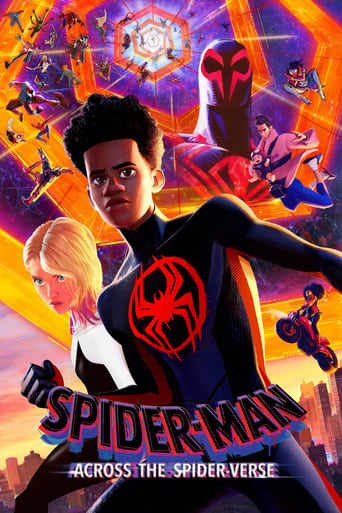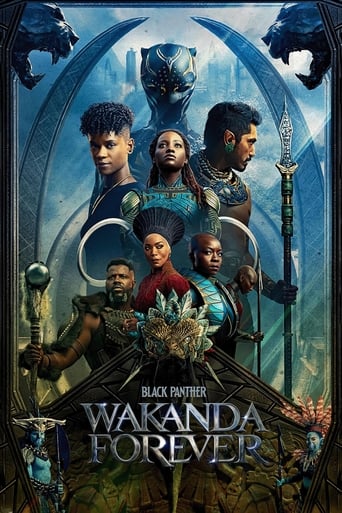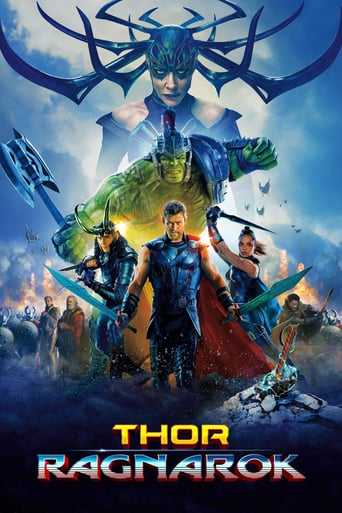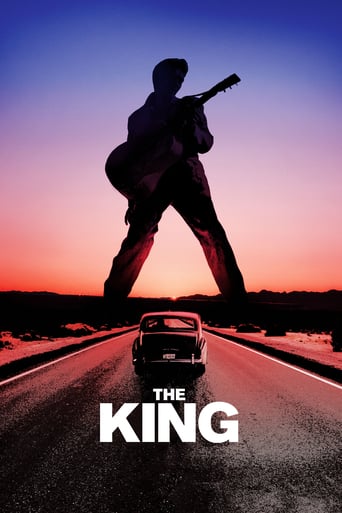


The King
A cultural portrait of the American dream at a critical time in the nation’s history. Set against the 2016 American election, The King takes a musical road trip across the country in Elvis Presley's 1963 Rolls Royce.
-
- Cast:
- Alec Baldwin , James Carville , Maggie Clifford , Chuck D , Mary Gauthier , Emmylou Harris , Ethan Hawke


Similar titles
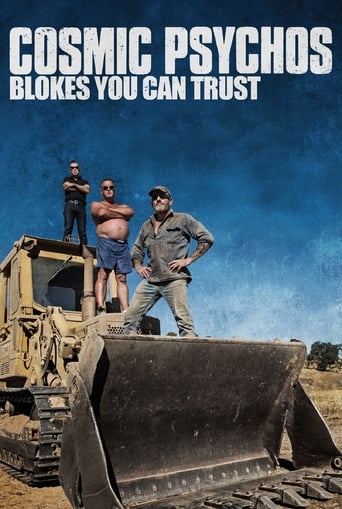
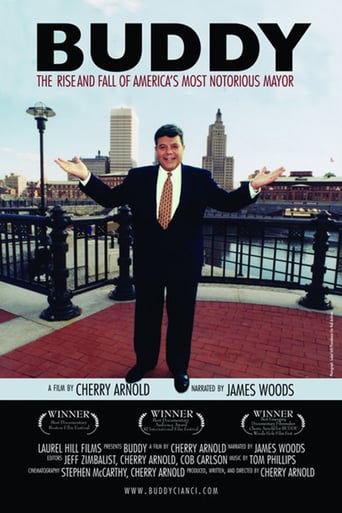
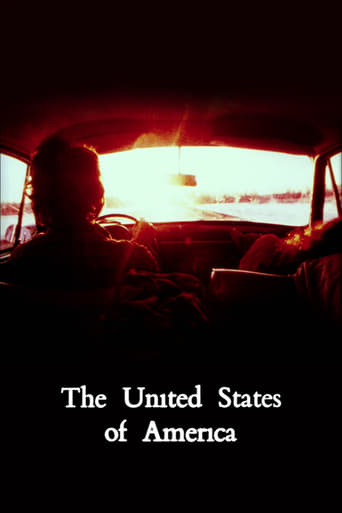
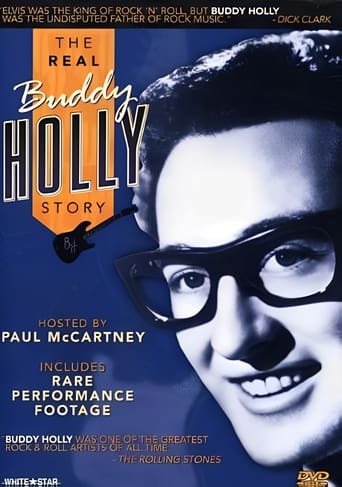
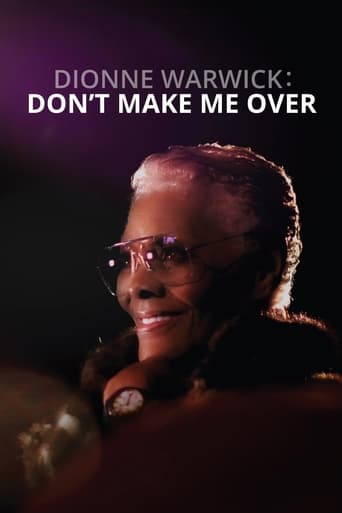

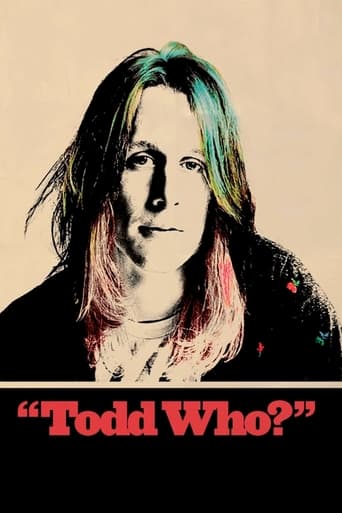
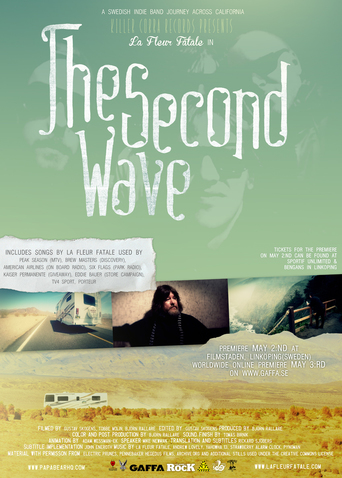
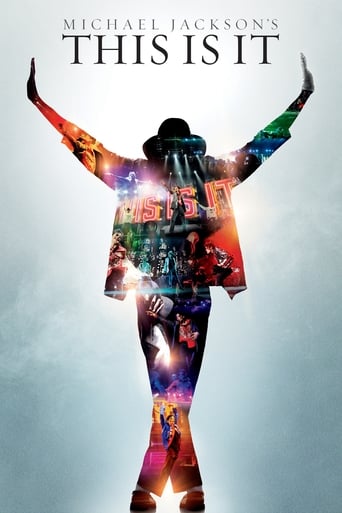
Reviews
Fresh and Exciting
Pretty good movie overall. First half was nothing special but it got better as it went along.
This story has more twists and turns than a second-rate soap opera.
All of these films share one commonality, that being a kind of emotional center that humanizes a cast of monsters.
There is a moment in Eugene Jarecki's mostly successful cinema essay, THE KING, where something to this extent is voiced about the success of "race" music, or black music, in America, "America profited from the enslavement of black culture and then, after resisting giving freedom to that culture for as long as it possibly could, started profiting from the soulful cry that arose from their suffering."THE KING is most interesting when it's wrestling with this problematic American history through the lens of Elvis Presley - a white performer who rose to mega global super-stardom in large part by mining the music of the African Americans who could never dream of achieving the same level of fame. But THE KING wants to do more than that. It wants to map the entirety of American history on to the life of Elvis. From the early concept of America as an "experiment in democracy" equating it to the early, idealistic, wide-eyed Elvis; to the current America, seemingly synonymous with runaway capitalism, paralleling the bloated, addicted, Vegas Elvis. Sometimes the metaphor works clearly, cleanly, and even profoundly, other times it feels forced. It's not helped by an almost constant quick-cut, manic editing style that never settles into much of a groove. There are two very powerful montages in the last act that drive home the thesis Jarecki is going for, and they are wonders of contextual editing and visual meta-meaning, but because they're dropped at the end of what is essentially a montage-movie, they're impact is muted. What should have been an apex moment in the visual storytelling comes off as just a slight uptick in the pace and rhythm of the film. Apparently there was close to 250 hours of footage shot for the doc, and you can see it in the editing. There's a lot that the filmmakers want you to see, but the pacing, tone, and thematic clarity suffer from a lack of breathing room. Some of the interviews are outstanding. Chuck D, as always, is a national treasure. Ethan Hawk is affable as hell. John Hiatt has one particular moment of emotional clarity that's pretty much worth the price of admission. And, in a surprise powerhouse showing, Mike Myers turns out to be an incredibly astute and impish observer of the American phenomenon. Sadly all of these interviews are really just reduced to sound bites in the frenetic race to get from moment to moment, beat to beat. I have to also mention the musical performances, which are outstanding, but also, not given a whole lot of room to stretch.But THE KING is good, you should absolutely see it. THE KING is ambitious. THE KING is even important. If the failures and successes of THE KING were the failures and successes of more modern American art and thought, maybe we wouldn't be in the mess we're in today. Check it out.
Greetings again from the darkness. Those of us in the United States have always loved a rags-to-riches success story ... it's the personification of the American Dream. The only thing we seem to enjoy more is tearing down the pedestals that we build for those folks, and then ripping apart their legacy. Acclaimed director Eugene Jarecki (WHY WE FIGHT, 2005) strains rigorously in his attempts to connect Elvis Presley selling out his talent for money with the transformation of the U.S. from a democracy to a crumbling capitalistic empire (likened to ancient Rome). The really interesting thing is that the film, despite being a staccato mess, is quite fascinating.Director Jarecki's gimmick here is that he is taking a musical and historic road trip in the 1963 Rolls Royce once owned by Elvis. Along the way, he picks up passengers - some of which are musicians who perform in the backseat. The passenger list includes James Carville, John Hiatt, M Ward, Linda Thompson (ex-girlfriend of Elvis), Immortal Technique, and "best friend" Jerry Schilling (a comical description if you've read his book). Chuck D from Public Enemy is interviewed due to his famous lyric: "Elvis was a hero to most, but he never meant s**t to me". The contradictions from this interview fit nicely with the contradictions throughout the film. George Klein takes Jarecki on a quick tour of Humes High School, and Ashton Kutcher babbles about fame - though he makes one spot on remark regarding the prison of fame, something much of the film seems to ignore. Producer Ethan Hawke spends a good amount of time on camera and in the front seat, while author and activist Van Jones seems narrowly focused on cultural appropriation and angry that Elvis never used his clout to help the minorities that influenced him.Filmed in 2016, the film works hard to include the Presidential election, and we even see the sanctimonious Alec Baldwin adamantly proclaiming that Trump won't win. Jarecki is himself an activist, and here he stretches to prove his points - tying together everything from Elvis' induction into the Army to the Trump election more than a half-century later (and 40 years after his death). The road trip kicks off in Elvis' birthplace of Tupelo, where we meet some locals who talk about the lasting impact of Elvis on their town - a town still drenched in poverty. Memphis is next, and we hear about the 3 local kings: BB, Elvis and MLK. Jarecki even inserts a shot of the Rolls next to the Lorraine Motel. There is a terrific bit with the students from Stax Music Academy who perform "Chain of Fools" in the backseat. We then head to NYC and Nashville, capping off the musically creative portion of Elvis' career. Next up is Hollywood, Hawaii, and finally Las Vegas. At times, the film is just flat out weird. One segment force feeds parallels with the 1933 King Kong movie (yes, really), then Elvis as a tourist, and finally, Dan Rather's all too familiar voice performing "America the Beautiful" ... each piece featuring the Empire State Building. But just when a Bernie Sanders rally makes you want to turn off the film, we get an insightful Mike Myers effectively pointing out the hypocrisy of the American Dream as sold by the government, or David Simon questioning the choice of the Rolls over one of Elvis' prized Cadillacs, or Sam Phillips' (Sun Records) son re-telling the story of how his father lost Elvis to the carnival-barker Colonel Tom Parker (neither a Colonel nor a Parker).Jarecki and co-writer Christopher St. John try to weave a tapestry of fame and money with cultural and societal shifts. Some segments work, while others fall flat. The editing of talking heads sometimes gives the feel of a debate, but often the scattered and choppy film meanders through multiple messages whilst driving the backroads of the country. We get clips of Elvis on the Ed Sullivan Show and getting his famous locks sheared in the Army, and the 1968 comeback special; however, there is little mention of Priscilla, Lisa Marie or Graceland. Judging Elvis for money grab without seeming to take into account his young age (he was 21 when he first appeared on Sullivan, and 23 at his Army induction) and his extreme poverty of youth, much less the power of his domineering agent, seems to be harsh judgement in an era that had never seen such media giants as the Kardashians or Justin Bieber. When Jarecki's road chief admits, "I don't know what the hell you're doing" (when Jarecki asks him what he thinks he's doing with the movie), it's the first time we can actually relate to what someone has said. Despite all of that, you'll likely be glued to the screen for the full run time - either enjoying the songs, watching the clips, or trying to see if Jarecki's puzzle pieces even fit together.
Unorthodox documentary not so much "about" Elvis Presley, but about how Elvis affected --and was affected by -- American culture. The gimmick Director Eugene Jarecki employs is that he purchased Elvis' actual Rolls Royce, and then films interviews of a wide variety of folks in that vehicle as it travels across the places that Elvis himself stayed at various points in his life, from his hometown in Tupelo Mississippi to Memphis (although, curiously, Graceland is barely mentioned) and places in between. Even though Jarecki doesn't give us a straightforward biography of Presley, THE KING does a pretty fine job of covering the bases, even if indirectly. The most effective part of the Doc comes early on in a discussion of whether Elvis was a cultural appropriator of black music, culminating in his early crowning as The King Of Rock And Roll. The movie gives a fair-minded balance of pro and con with people like Presley's guitarist Scotty Moore, Emmylou Harris and John Hiatt on one side and rapper Chuck D on the other (he, of the infamous song lyric: "Elvis was a hero to most. But he never meant **** to me you see."). There's also a clip of Big Mama Thornton's blistering original version of "Hound Dog". Jarecki then follows Elvis' travels to NYC and even bigger fame and riches. Then, it's off to the Army and Presley's decline into B movies and Vegas schmaltz. The clips of 'fat Elvis' at the end are truly shocking even all these decades later. Where Jarecki over-reaches is that he isn't satisfied just showing Elvis' effect on the public, but then tries to tie it in with today's culture wars. Shot during the 2016 campaign with such guests as Alec Baldwin, Van Jones and James Carville, Jarecki makes tenuous connections. VERY tenuous connections. No question that Elvis was a seismic force when he hit, but, save for the brief glory period after the '68 Comeback Special, Presley can hardly be looked upon as a central artistic force after the very early 60s. While significant figures can certainly have a long influence, the fact that Elvis passed on in 1977 makes it a stretch to say that he is symbol of our Red-Blue state America today. If anything, Elvis is the very definition of 'Purple' celebrity - equally loved by all demos. Even with this central flaw, there is no question that THE KING is a dense, engaging Documentary. One can't help but feel that they have gone on some sort of journey itself, much like Elvis's well-traveled Rolls itself.
"Promised Land" is the most recent filmmaking effort by award-winning American filmmaker Eugene Jarecki. It runs for 105 minutes and is of course a documentary movie that focuses mostly on Elvis Presley. And with that comment i want to say that this is also where the film was the very strongest, namely when it was entirely about the King, his art, his work, his struggles, his life and his views. I believe that one big strength here is that the film was pretty critical about him, also in terms of how he positioned, or did not position himself I should say, on global issues, while fellow other defining artists of their eras like Marlon Brando or Jane Fonda did not mind to get involved. Or the critical reference about how he basically only got as famous as he did as he took Black people's music and turned it into perfection and commercial success while these Black people had no chance to achieve the same because of racial prejudice, where I must say I was genuinely impressed by Chuck D's insightful comments on the subject because he really nailed it I think with his statement that offered all kinds of shades on the subject and not just black-or-white and I really liked that they also included people who were genuinely critical about Elvis. This is not a movie about adulation and praising him to the skies. Now I mentioned already one interviewee and these interviewees really were the ones who broke or saved the film. Ethan Hawke was as insightful as one could hope. Mike Myers impressed me too and his parallel abot Elvis having cloth over his head first that they would not see him and panick because of how much they loved him and later on about how he had the same cloth that he would not see how hardly anybody was there anymore was one of the best, saddest and most touching moments about the film. And then there is Ashton Kutcher who adds basically nothing but pretense and stays only memorable because of how some people next to him scream how much tehy love him. I have no idea why they included him, maybe to get younger audiences to watch the film? I don't know. But I would have preferred the film to take place completely without him. Same goes for Alec Baldwin, who in my opinion only used it to promote his SNL Donald Trump persona. The final statement by him and Hawke is really the perfect example how one nails it when Hawke elaborates on Presley's take on financial over creative decisions and Baldwin almost destroys it with the most random reference about President Reagan in the most desperate attempt to make this film as political as it can be. I already mentioned Trump and I really wished the film would not have elaborated on him at all because the filmmaker's intention to make a parallel between Elvis' demise and America's demise was nothing more than an attempt that in my opinion was doomed from the very beginning and it takes away a lot from this otherwise really inspired documentary that is at its best when it tries nothing other than giving an insight into who Elvis was and why he did what he did. The best example is when we have a bunch of Black Guys at a bar or so randomly talk about the evil that Mr. Trump brings upon America and with a reference back to said parallel, it also does not make any sense as these are the ones who really love Obama and this means that 2 years ago everything was great and glorious and perfect and honestly nobody can say that. It's another film that turns Trump into the big scapegoat the way media have been doing for a long time now without really offering anything substantial. But this film did not need to. It was really good enough otherwise for what it was. The only somewhat really good moment away from Elvis in here I liked is when we see a female interviewee talking about how basically nothing has changed in decades. Living costs are far higher, but people tend to forget, so they are tricked into believing that the economy is on their side only because their wages and salaries are higher. That was really a very smart statement that got me thinking a lot. Is being tricked into thinking we're fine not even worse than not being fine? Or is it better if we don't see through this scam? It's up to you to decide. Overall, this documentary gets a thumbs-up for me. I am still disappointed with how many wrong notes it hit and how it did not turn out as essential as I wanted it to be, even if I take a great deal of positivity for me from watching it. Go see it.

